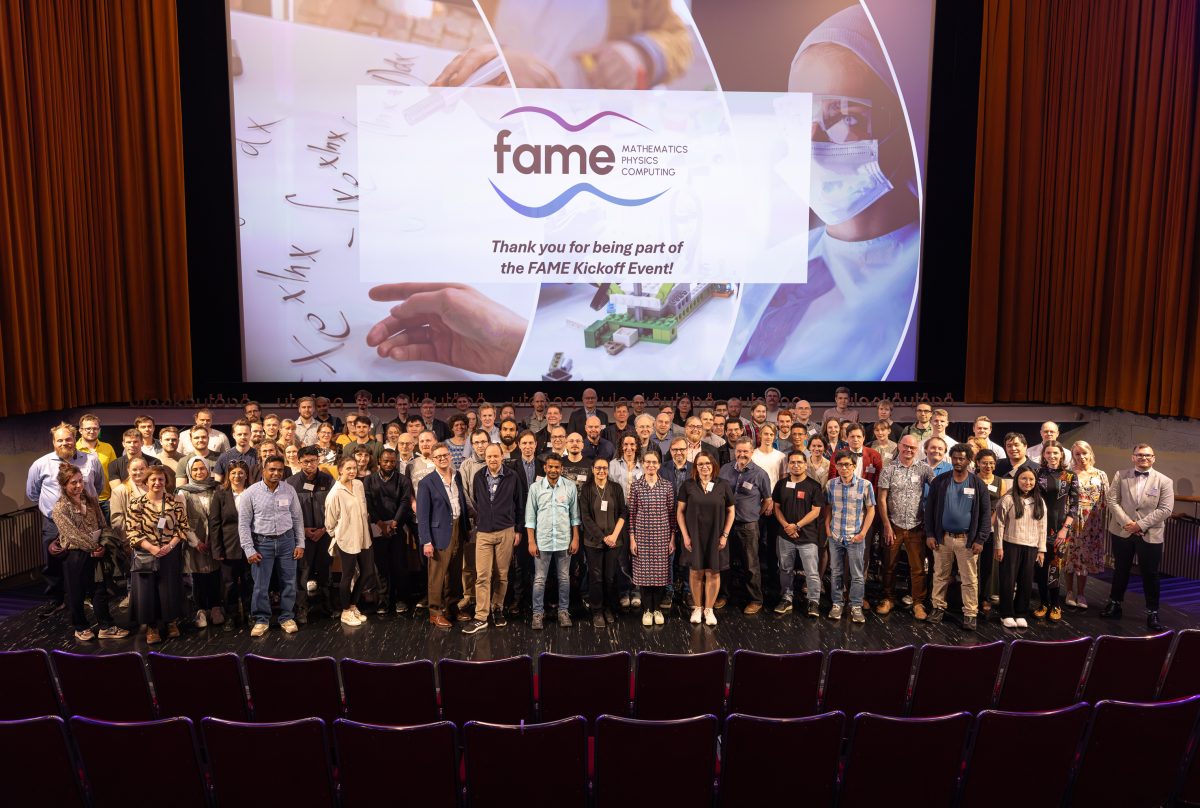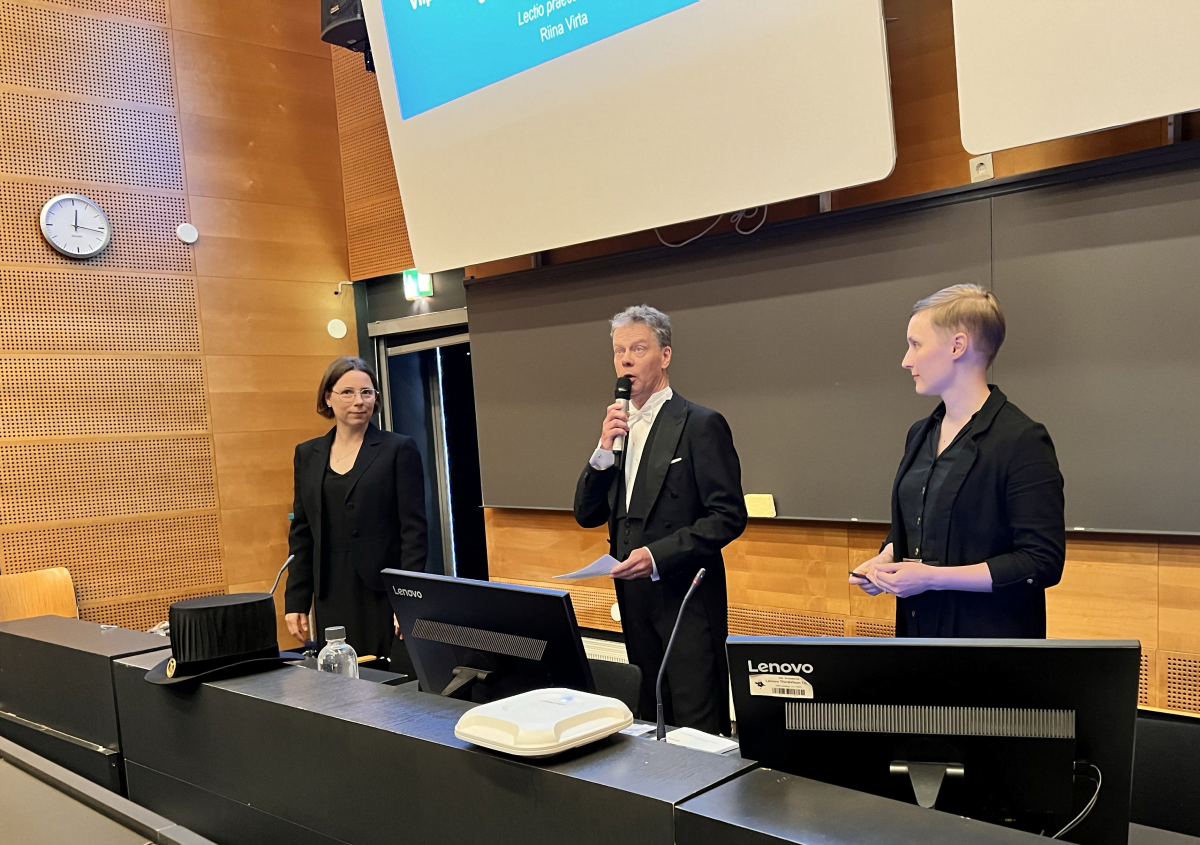The Research Council of Finland Award is presented annually to promising rising talents. Academy Research Fellow Olle Järv earned this prestigious recognition for his work on human mobility. With the help of big data, Järv shines new light on cross-border interactions and social structures that they produce.
The Research Council of Finland is a national expert organisation in science and research. As a governmental funding body established under the Finnish Ministry of Education, Science and Culture, the Research Council grants funding in open competitive calls for excellent, responsible, and high-impact research across all scientific disciplines. The FAME Flagship is part of the Research Council’s Finnish Flagship Programme.
Since 2003, the Research Council has annually presented the Research Council of Finland Awards to promising affiliated researchers. This prestigious recognition will be awarded to up-and-coming researchers who have demonstrated exceptional scientific boldness, creativity, or open-mindedness in their work or have significantly promoted scientific research, increased the public’s interest in science, contributed to public debate in society, or otherwise promoted the significance, utilisation, and impact of research in society.
The 2024 Research Council of Finland Awards were presented at the Research Council’s Science Forum event on 20 May 2025. One of the recipients was Academy Research Fellow Olle Järv, who works at the Digital Geography Lab in the University of Helsinki’s Faculty of Science and is already making eye-opening contributions to the field of human geography.
Carving the path
Olle’s main research interests lie in human mobility, using it as a tool to understand how a dynamic and networked society functions, the structural changes that occur in it, and how those changes set in motion different processes in local, regional, national, or even continental level.
“The Research Council of Finland Award was quite unexpected, but a very positive surprise”, Olle says humbly. “This is of course a significant recognition for my research, in which I emphasise the importance of examining human mobilities in understanding society.”
To conduct his research, he uses big data from mobile phones and social media. As Olle himself often journeyed between two countries, Finland and Estonia, he started to think mobility in a new light. While there were plenty of information on how people move from one country to another, or – thanks to tourism statistics – where they go to travel, there were no detailed data on how people’s movement formed cross-border patterns and social phenomena.
“I am constantly fascinated by how people’s everyday activities and movements create regional diversity and inequality, and how people experience, for example, segregation in everyday life”, Olle describes his research interests.
Olle plans to continue his work on human mobility, as there are still plenty of work to do in studying different functional boundary areas from the perspective of human interactions. This work will be fueled by his fascination on such themes as cross-border interaction and integration perspective of local communities, and enthusiasm on examining border areas on a global level.
”I feel that this recognition highlights the more broader role by geographers in producing new knowledge for examining and understanding a dynamic and networked society.”
Photo: Samuli Siltanen




